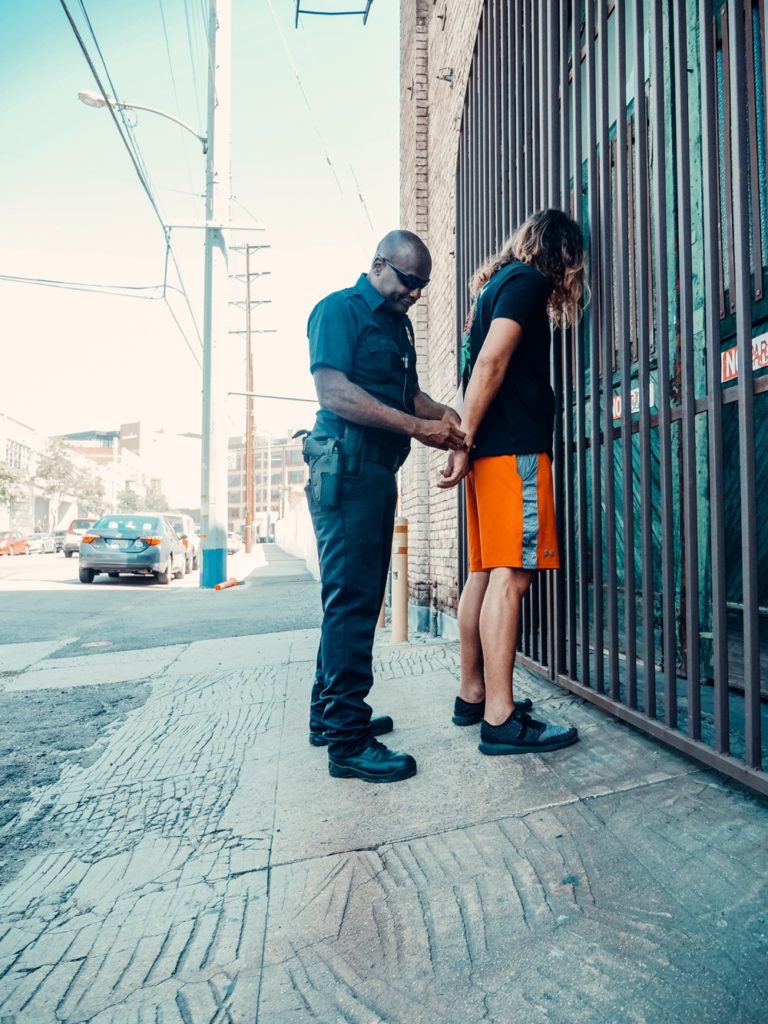
Whether it be first-hand experience or simply seeing a legal show where the phrase has been used, “you have the right to remain silent” is a term that everyone knows but might not understand exactly what it means or why it’s important. This right is there for your protection in more ways than one. Here is a quick overview.
Silence means limited liability at the start
When someone gets arrested, law enforcement will immediately try and question the defendant. They will of course have to recite the Miranda rights saying they have the right to remain silent, but they will also press for information to work on the case. The right to remain silent is here to give you the opportunity to say no. This is because literally anything you say to law enforcement is going to be used against you and in some cases they can spin testimonies to build a stronger case. People will always be in a vulnerable place when going through an arrest and it’s just better to remain silent until you have proper representation and a bit of time to process everything that is happening.
Lawyers act as your guide and defender
Lawyers are vital when it comes to protecting yourself and your case from harmful misinterpretation. While their main job is to represent your case in court so that the judge and jury better understand your side, another important function of a lawyer is to guide you and protect you from leading questions that are meant to have you admit fault. Lawyers understand how interrogations go and correct a line of questioning by either giving you council or answering by acting as your representative.
Remaining silent keeps you out of trouble
It’s incredibly easy to sound aggressive or unkind when put in a scary or stressful situation but this is the time where you must stay calm. Unmeasured words can lead to escalations and misunderstandings that can not only hurt your case but could potentially put your safety in jeopardy. It is always best to remain respectful and cordial with law enforcement and one of the best ways of doing that is by just remaining silent and going with the directions the officer is asking of you. If they ask probing questions, calmly and respectfully say you are not comfortable answering that without a lawyer present.
To sum up, the right to remain silent is probably one of the most important aspects of protecting yourself and your case during an arrest. As long as you remain silent in a respectful way and let your lawyer help guide you, only good can come from taking a moment to calm down and have a plan in place before talking with law enforcement.



